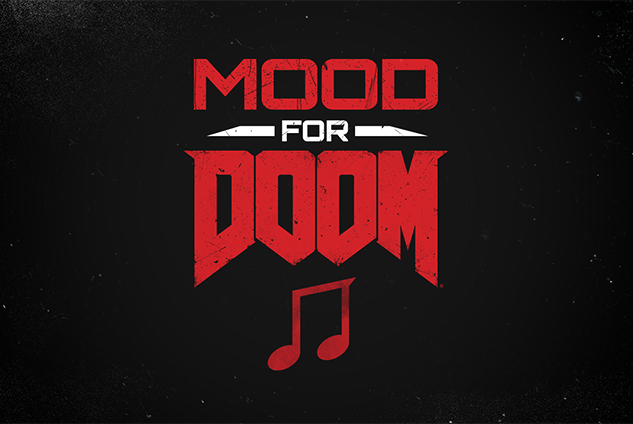

To me, only Dylan and Eliot knew how to hold strange, evasive particulars in a web of beauty to “understand” these songs and poems seemed so far from the original inspired acts of writing them that I stopped asking literal-minded questions and learned to appreciate for its own sake the tuneful difficulty they both embodied. Who knew what Pound and Eliot were doing fighting, or who the captain was supposed to be, or why the calypso singers laughed at them? And who cared? Their spirit endorsed what was beautiful in Dylan, even though in the song he seemed to be dissing them.

Dylan and Eliot (Pound less so) were my touchstones, exemplifying, in their different ways, what could be done to passing time by building into it unforeseen swerves of mind and language. Alfred Prufrock,” a poem about a timid nerd with sexual hang-ups: that I could relate to! Suddenly Eliot, until then only a name in my favorite song, became an obsession, a way of understanding my own specialness, a mark of difference from my friends and family and immediate world. I consulted the World Book Encyclopedia, where it said that they had something to do with literature, which seemed antithetical to the wildness of Dylan’s music.Īnd so that was the end of my inquiry, until only a few years later, when, in a rite of passage familiar to so many bookish kids, I read “The Love Song of J. Eliot? A faint aroma of the absurd clung to their names. Eliot / Fighting in the captain’s tower / While calypso singers laugh at them / And fishermen hold flowers.” Who were Ezra Pound and T. There were two unfamiliar names in one of its verses: “And Ezra Pound and T. When I was twelve or thirteen, I bought a cassette tape of “Highway 61 Revisited,” and quickly settled on “Desolation Row” as my favorite Dylan song. If I knew why I liked this couplet, it wouldn’t be art.- John Bennet

Little red wagon, little red bike I ain’t no monkey but I know what I like. But, for my money, anyone who can summon, as a bitter valediction to a lover, the line “I can’t even touch the books you’ve read,” knows-and captures, and incarnates-the power of literature.- Rebecca Mead Critics will argue about Dylan’s place in the canon, or about the rightness of bestowing a prize upon a writer whose celebration doesn’t particularly help the publishing industry. I’m glad to say that it’s been a while since I felt a personal identification with “Idiot Wind,” but the furious castigation and the reeling pain conveyed by that song have spoken for me more times than I care to recall. Then again, Dylan was never the singer’s real name but a gesture of reinvention, arriving in a new land and telling a sideways story about where you came from.- Hua HsuĪs a teen-ager, in the nineteen-eighties, I taught myself to touch-type by listening to and transcribing Bob Dylan lyrics, which is another way of saying that Bob Dylan taught me a vocabulary for a range of emotions-ecstasy, jealousy, love, lust-at the precise age when I started to need their expression. Maybe I’ve misremembered some of this, or maybe it’s slightly embellished. Later, I would ask him about his relationship to Dylan’s lyrical genius: What did these words mean to him, then and now? He said he loved these songs not for the lyrics but for the voice. But Dylan’s voice was about as rough-hewn and unrefined as my father’s, wondering alongside him, “How many years can a mountain exist/ Before it is washed to the sea?” Sometimes my dad would ask me what these lyrics meant, and I presumed he had an answer in mind. I, too, found his voice trying, especially when “Blowin’ in the Wind” or “The Times They Are a-Changin’ ” or “Hurricane” would kill the vibe of my dad’s road-trip mixtapes, otherwise dominated by euphoric sixties pop or virtuoso power ballads. The classical-music collection languished in a closet. He added a Dylan record to his Columbia House Record Club order, and then another after that, until, a couple of decades later, all those Dylan LPs, their sleeves stamped with my dad’s Chinese name, were what made each house feel like a home. Day and night, a reedy, nagging, muffled voice wafting through the walls, rising from the floorboards: “The answer, my friend, is blowin’ in the wind.” Irritation eventually gave way to familiarity, curiosity. He lived in an old boarding house where a neighbor blasted Dylan nonstop.

I think of Dylan’s lyrics**-**and he won the Nobel for his lyrics-as the flour in my apron pocket, marking the escape route from a forest of conventional expectations and authority.- Judith ThurmanĪs the story goes, my father arrived in America with a wristwatch, a scholarship to study physics, and an enthusiasm for classical music.


 0 kommentar(er)
0 kommentar(er)
